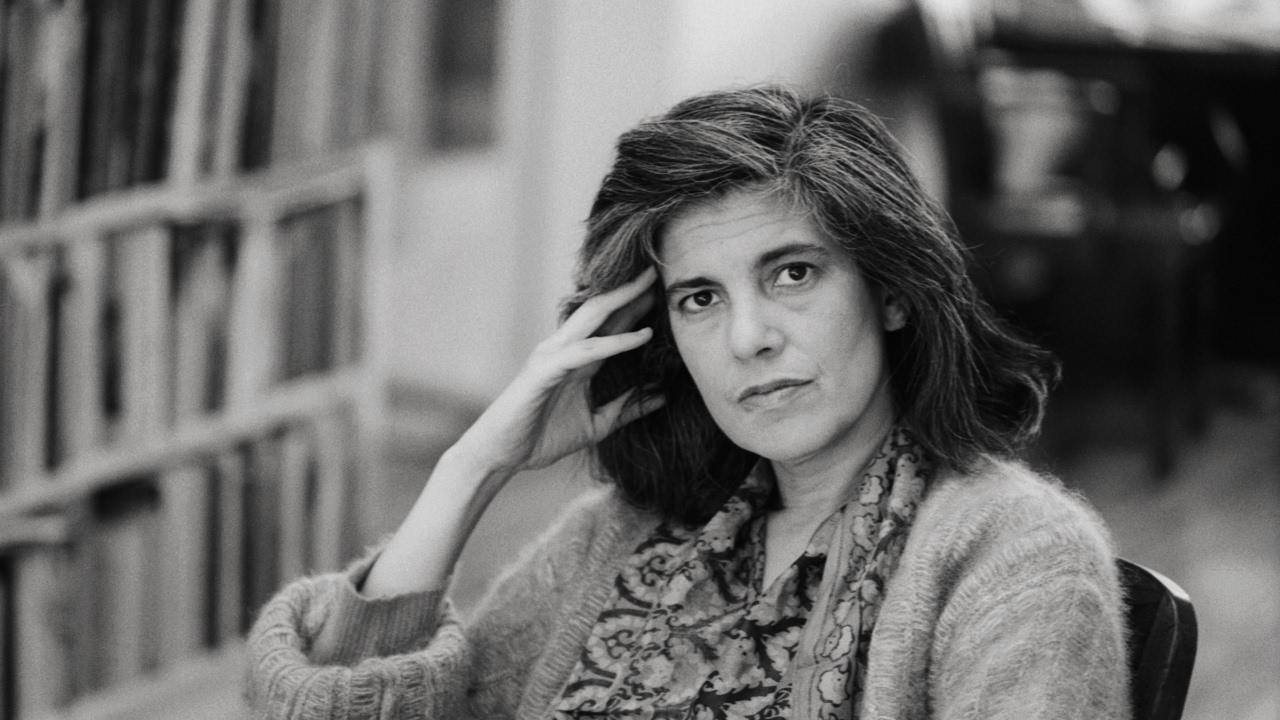
Being a queer Jewish political activist, Susan Sontag was no stranger to controversy. Her sharply defined opinions on the gay community, culture and media, human rights, leftist ideology, and photography – along with a penchant for traveling to and writing about areas of conflict – gained her notoriety and literary acclaim throughout her career.
She first came to attention with her 1964 essay, “Notes on ‘Camp,’” where she discussed the attributes of taste within the gay community. The New York Review has called her "one of the most influential critics of her generation." Her most well-known publications include Against Interpretation, Styles of Radical Will, On Photography, and Illness as Metaphor.
Sontag was born Susan Rosenblatt in New York City in 1933. She took her stepfather’s surname when her mother got remarried after her father died. In a May 2000 article for The Guardian, she describes a lonely and unhappy childhood with absentee parents and says she “took refuge in books.”
Her eagerness to learn saw her graduate from high school at the age of 15. She did undergraduate work at the University of Chicago and studied Philosophy and Theology at Harvard University, where she graduated with a Master of Arts.
She wrote her first fiction novel, The Benefactor, while teaching philosophy at Sarah Lawrence College and the City University of New York. Death Kit followed four years later in 1967. Later, “The Way We Live Now,” a short story about the AIDS epidemic written in an experimental narrative style, was published to critical acclaim in The New Yorker.
Her political activism began in the 1960s with her opposition to the Vietnam War. Later, after directing a production of Samuel Beckett's “Waiting for Godot” during the Siege of Sarajevo, she was declared an honorary citizen by the city’s mayor for supporting and speaking on behalf of the besieged residents. She served from 1987 to 1989 as President of the American Center of PEN, the international writers’ organization dedicated to freedom of expression and the advancement of literature.
Her books have been translated into 32 languages and her stories and essays have appeared in newspapers, magazines, and literary publications all over the world. She died from cancer in 2004 at the age of 71.
